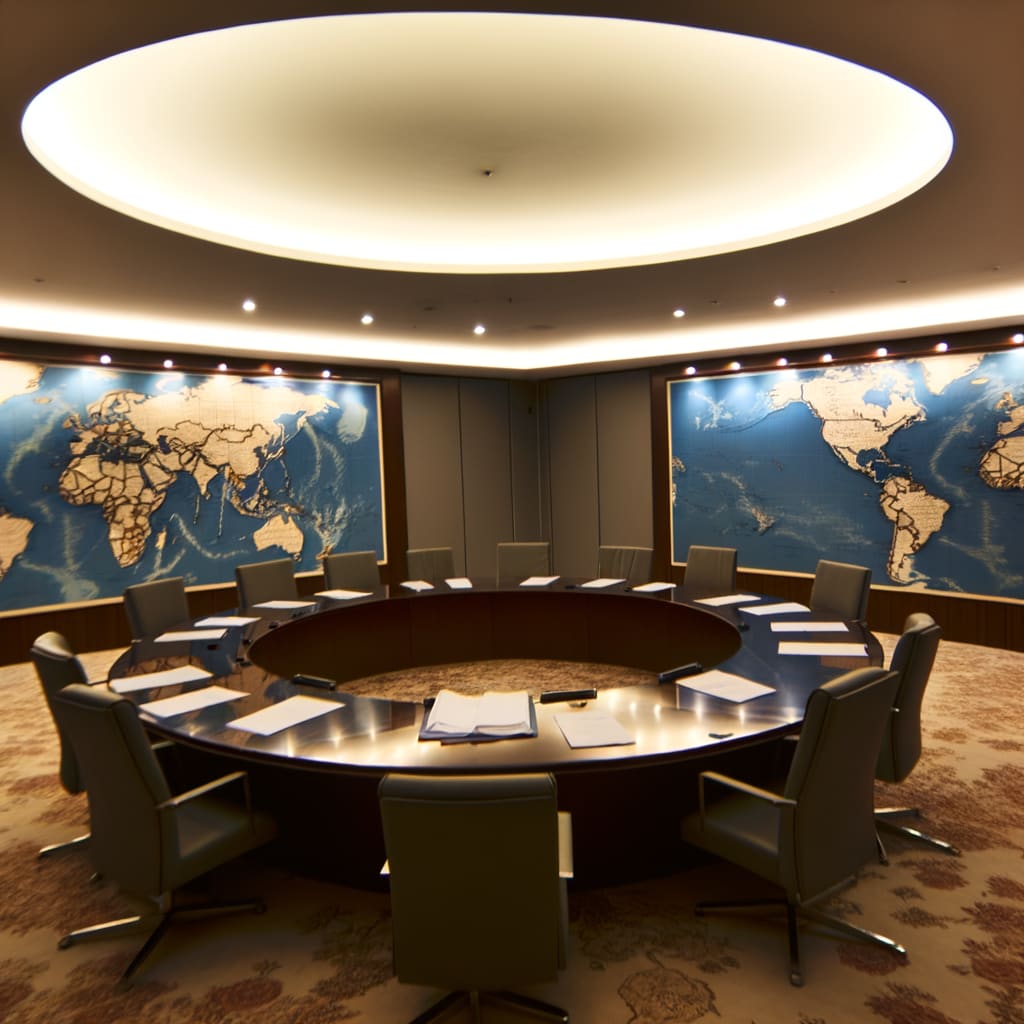Ukraine-Russia Conflict: Security Guarantees Hang in the Balance
The ongoing tensions between Ukraine and Russia have escalated over the terms of a proposed security agreement. As Ukrainian officials, NATO leaders, and Russian representatives debate over the nature of security guarantees, a consensus seems far from reach.
Background
The conflict began with Ukraine's insistence on the need for comprehensive security guarantees, including both military and political elements, as a prerequisite to continuing talks. This was expressed by Igor Zhovkva, head of the Ukrainian presidential office, as reported by TASS. Meanwhile, Zelensky's advisor, Mikhail Podolyak, stated that Ukraine would not accept the exchange of territories and that Article 5 of NATO is insufficient as a guarantee.
Key Developments
Russian Foreign Minister Sergei Lavrov has dismissed the extension of Article 5 of NATO to Ukraine as a road that leads nowhere,
according to Corriere della Sera. Lavrov emphasized that Russia considers the principle of collective provision of security guarantees, which was laid down in Ukraine's proposals in Istanbul in 2022, to be relevant today.
However, Lavrov's remarks have been met with skepticism from Ukrainian officials. As reported by Fox News, a major sticking point for Kyiv is the power the plan gives to Moscow over Ukraine's security. The proposal would provide Ukraine with security guarantees from a group of nations, including the five permanent members of the U.N. Security Council, which Russia is a part of, effectively giving Moscow veto powers over military aid for Ukraine.
Media reports also highlighted the potential role of China in these discussions. It appears that Russia is attempting to draw China into the ongoing negotiations, a move that may complicate an already fraught situation.
Implications and Reactions
The stalemate over the security guarantees has raised questions about the effectiveness of the proposed plans and the role of external players. As reported by Ukrinform, a mechanism for automatic imposition of sanctions against Russia in the event of renewed aggression is seen as a critical component of a reliable security guarantee for Ukraine.
On the other hand, Russia seems poised to reject any security guarantees that primarily involve NATO and European countries, as relayed by TASS from political commentator Wang Zaibang.
Current Status
As reported by La Repubblica, the allies have a plan for Ukraine that includes sanctions and a military response within 24-72 hours if there is an attack. Meanwhile, ANSA reported a proposal for a 'NATO light' Article 5 was sent to partners for Kyiv. However, Sky News World and Japan Times echoed doubts about the feasibility of these proposals and the role of Russia and possibly China in the security arrangements.
In conclusion, while security guarantees for Ukraine remain a central issue in the ongoing conflict, the specific conditions and the involvement of external players, particularly Russia and China, are matters of intense debate and uncertainty.

